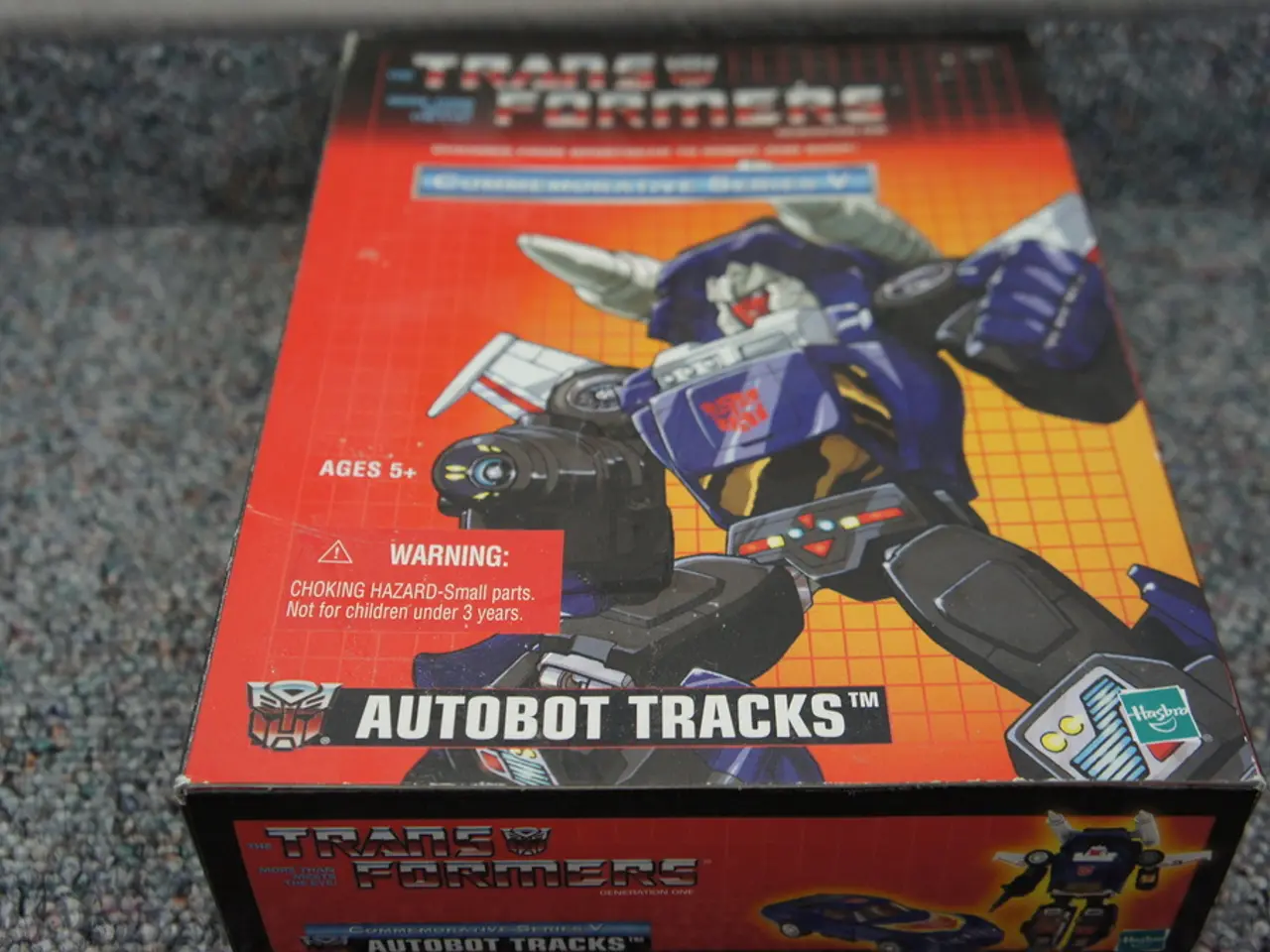AI currently handles 30-50% of tasks at Salesforce, according to Marc Benioff, attributing this to the extraordinary productivity increases from agentic artificial intelligence.
In a rapidly evolving technological landscape, the broad adoption of Artificial Intelligence (AI) is predicted to have profound and complex implications for the job market. Industry experts, including Bill Gates, Mira Murati, Jensen Huang, and Dario Amodei, suggest that AI will lead to substantial job displacement in routine and middle-skill roles while simultaneously creating new, highly skilled AI-related jobs.
According to a 2025 Future of Jobs report, AI could displace around 92 million roles globally by 2030. However, this displacement will be accompanied by a net gain of about 78 million new jobs created through AI and automation. The World Economic Forum estimates that AI could replace roughly 85 million jobs by 2025, highlighting a rapid timeline for disruption.
Job losses will be unevenly distributed, with heavy impacts on mid-level and entry-level positions in sectors like technology, manufacturing, retail, and finance. Roles involving routine, predictable skills, such as customer service representatives, receptionists, accountants, and bookkeepers, face a high risk of automation due to AI’s efficiency in handling repetitive tasks.
Notable tech leaders like Meta's Mark Zuckerberg and Microsoft's Satya Nadella have emphasized AI's growing capabilities to perform tasks like coding at the level of mid-level engineers, signaling potential reductions in traditional software development roles. McKinsey Global Institute highlights that AI-driven automation could replace up to 30% of hours worked across the US economy by 2030, mainly affecting roles with routine skills but also enhancing creative and technical jobs.
As AI takes over mundane and repetitive tasks, it could help employees strike a healthy work-life balance. For instance, AI can streamline low-value tasks like status meetings, routine reports, and administrative chores, allowing leaders to reclaim time for deep work, fast decisions, and focused execution.
The changing career landscape and skill requirements are evident, with approximately 14% of employees globally (about 375 million workers) may have to change their careers because of AI disruption by 2030. New AI-driven roles are emerging, including AI and machine learning specialists, AI ethics officers, AI product managers, data scientists, and human-AI collaboration experts. However, 77% of these new AI jobs require advanced degrees (master’s or doctoral), posing challenges for broader workforce adaptation.
Amidst these changes, some corporations are embracing AI. For example, Salesforce CEO Marc Benioff stated that AI is doing up to 50% of the work at Salesforce, and the company is considering hiring engineers in 2025. However, concerns about job security persist as AI becomes more prevalent and gains broad adoption.
Anthropic CEO Dario Amodei claims that AI could potentially cut up to 50% of entry-level white-collar jobs. Microsoft co-founder Bill Gates agrees, stating that AI might replace humans for many tasks. To counteract these potential job losses, industry leaders like Jensen Huang recommend that future generations should pursue future-proof career paths like biology, farming, and manufacturing.
In summary, the AI revolution will reshape the job market by automating routine roles and creating new growth opportunities. Success will hinge on workers’ ability to upskill and transition toward AI-augmented professions. The overall impact of AI on the workforce and whether it will create new opportunities for the professionals it is potentially set to replace remains an interesting and pressing question.
[1] World Economic Forum. (2020). The Future of Jobs Report 2020. [2] McKinsey & Company. (2017). Jobs lost, jobs gained: What the future of work will mean for jobs, skills, and wages. [3] McKinsey & Company. (2019). The social economy: Unleashing innovation for social good. [4] World Economic Forum. (2018). The Future of Jobs and Skills in the Fourth Industrial Revolution.
- Microsoft's Satya Nadella and Meta's Mark Zuckerberg believe AI can perform tasks like coding at the level of mid-level engineers, potentially impacting traditional software development roles.
- Windows 11 and Microsoft Office, essential tools for many business operations, are examples of software that could benefit from advancements in AI technology.
- In the evolving technological landscape, AI-driven automation could replace up to 30% of hours worked across the US economy by 2030, emphasizing the need for adaptability and upskilling in the business world.
- As AI streamlines repetitive tasks, it could free up time for employees to focus on creative and technical duties, potentially improving productivity in technology and business.
- AI-related jobs, such as AI and machine learning specialists and AI ethics officers, are emerging in the technology sector, but requires advanced degrees, complicating broader workforce adaptation.
- To navigate the AI-driven transformation, future generations might consider pursuing future-proof career paths in fields like biology, farming, and manufacturing, as suggested by prominent tech leaders like Jensen Huang.




